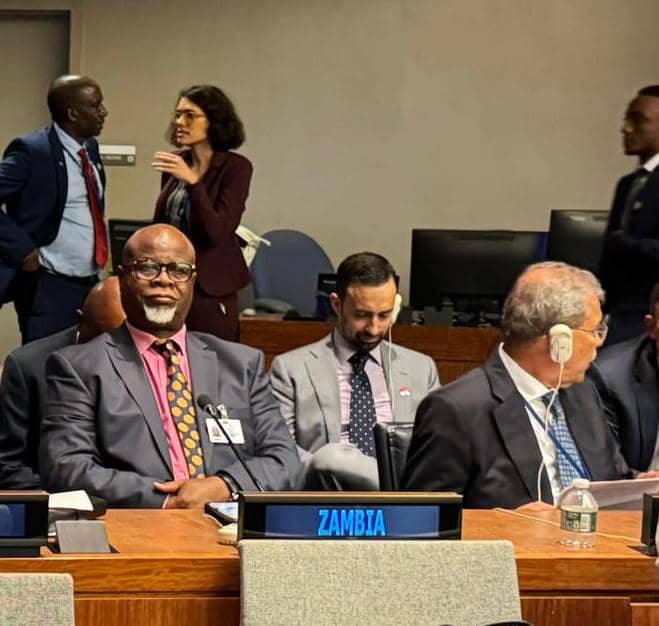Zambia Faces High Resistance to Antibiotics, Health Minister Warns UN Assembly
Zambia’s Health Minister Elijah Muchima has raised alarms at the United Nations General Assembly, revealing that the country is experiencing an 80% resistance to commonly used antibiotics and antimicrobials in its major hospitals.
Speaking at a high-level meeting on Antimicrobial Resistance (AMR), Dr. Muchima highlighted the growing public health crisis, noting that AMR poses significant risks to global food security and the achievement of the 2030 Sustainable Development Goals (SDGs).
In response to this crisis, Zambia developed a comprehensive 10-year multi-sectoral national action plan for AMR in 2017, following the World Health Assembly’s 2015 call to action.
The country has since upgraded laboratories, enhanced staff skills, and joined the Global AMR Surveillance System (GLASS). Additionally, Zambia is investing in local production of medicines, diagnostics, and vaccines to combat AMR.
Dr. Muchima urged global leaders to renew their commitment to AMR, emphasizing the importance of responsible antimicrobial use in human, animal, and agricultural sectors.
He also called for enhanced infection control, improved monitoring, and increased research and development of affordable treatments.
AMR, which occurs when germs become resistant to drugs designed to kill them, can affect individuals at any stage of life, leading to infections that are difficult to treat, requiring extended hospital stays and costly, potentially toxic treatments.



